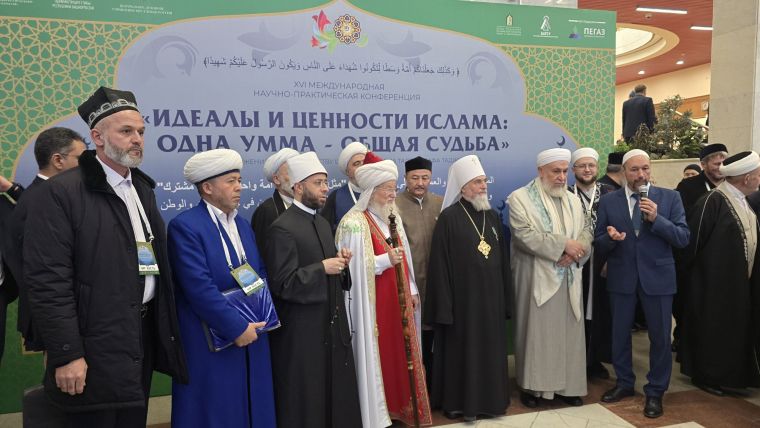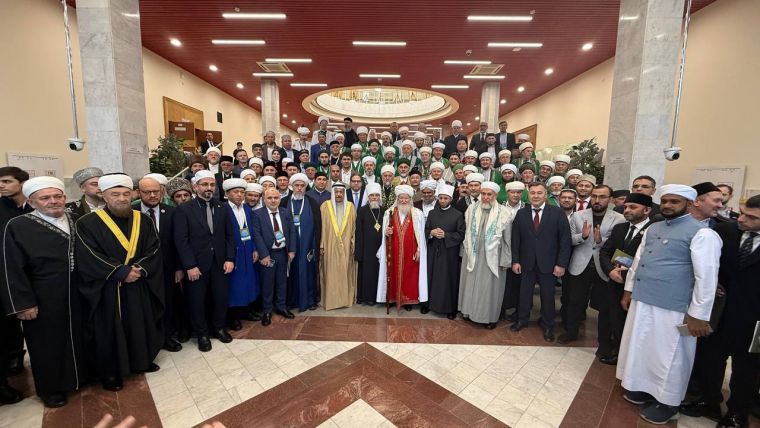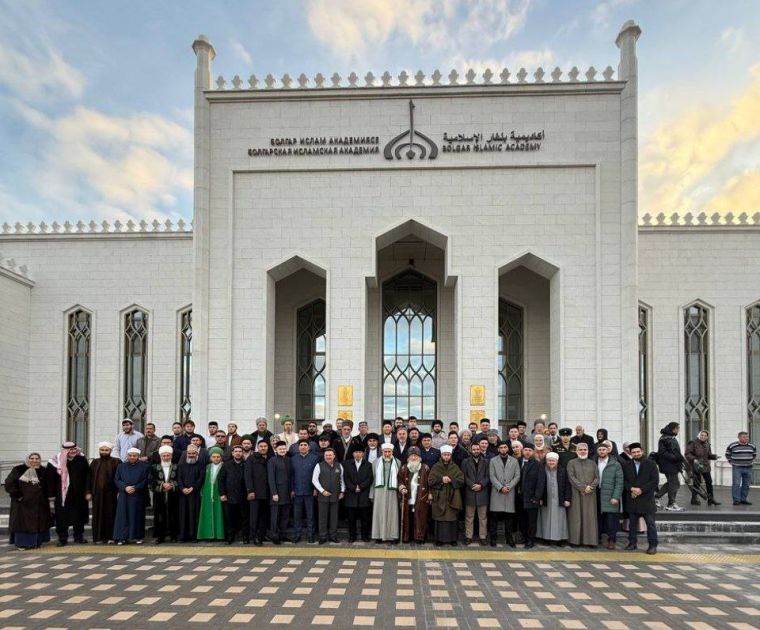Tashkent city


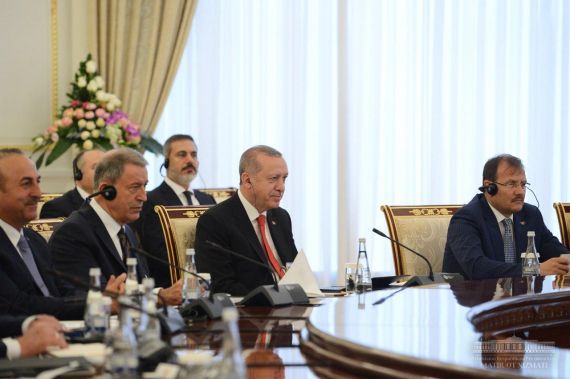
R.T.Erdogan, President of Turkish Republic wished many happy returns to Muslims of Uzbekistan on Holy Baroat Night (May 1st, which was 15th of Shaban according to the lunar calendar). He advised to make sincere supplications for peace in the world, including in Turkey and Uzbekistan. Mr. Erdogan also mentioned to pray for prosperity, health and long lasting genuine friendly relations for two countries. His message was received with great excitement by ordinary people of both countries as it was observed in the social media.
After signing a number of mutual agreements on construction, textile, tourism and etc the head of states met with business circles of Uzbekistan and Turkey, where President Sh.Mirziyoyev’s speech was received with continuous applause by investors. On May 1st, two presidents visited Naqshbandiy Shrine in Bukhara and made earnest prayers.
Press Service,
Muslim Board of Uzbekistan
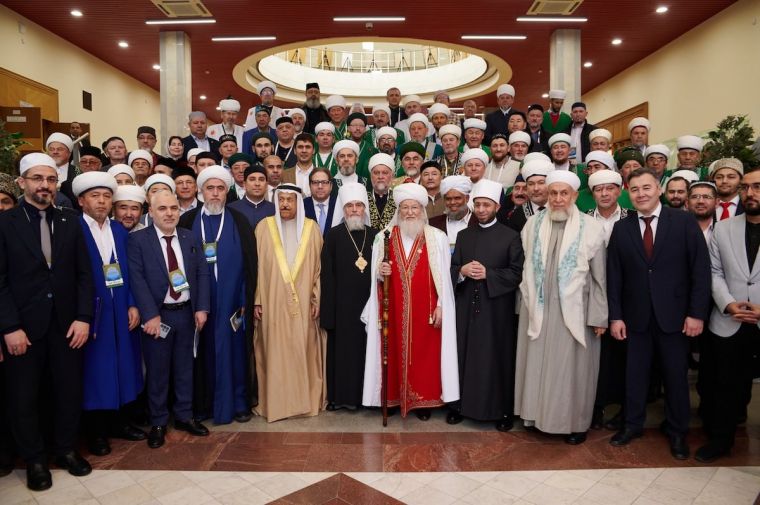
In the city of Ufa, the XVI International Scientific and Practical Conference titled “Islamic Ideals and Values: One Ummah – Shared Destiny” was held. The event was attended by a representative of the Muslim Board of Uzbekistan, Ibrohimjon domla Inomov.
Organized by the Central Spiritual Administration of Muslims of Russia, the Moscow Foundation for the Support of Islamic Culture, Science and Education, and the Council for State–Religion Relations under the Head of the Republic of Bashkortostan, the conference gathered more than 600 participants.
The aim of the conference was to strengthen spiritual and moral values, promote interfaith and interethnic harmony, and develop initiatives that enhance the constructive potential of the Muslim Ummah in Russia and across the Eurasian region.
At the event dedicated to the 45 years of service of Mufti Talgat Tadzhuddin in the cause of religion and the homeland, the representative of the Muslim Board of Uzbekistan, Ibrohimjon domla Inomov, delivered a speech. In his address, he conveyed the congratulations of the Chairman of the Muslim Board of Uzbekistan, Mufti Shaykh Nuriddin Kholiqnazar.
A traditional Uzbek chapan was presented to Mufti Talgat Tadzhuddin, Chairman of the Central Spiritual Administration of Muslims of Russia.
